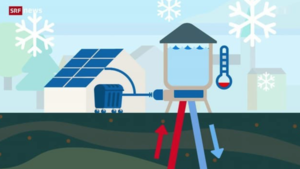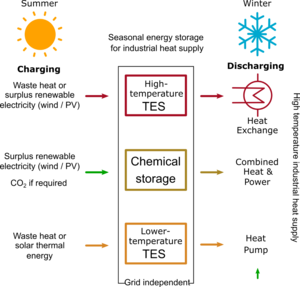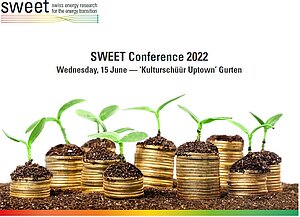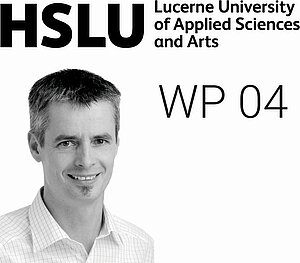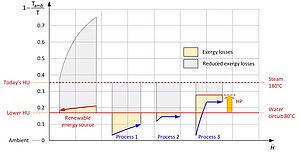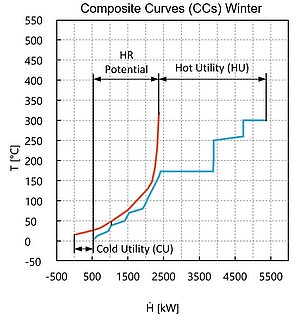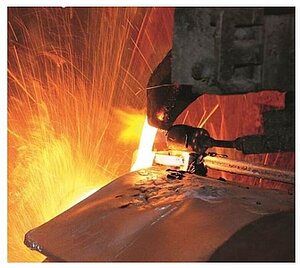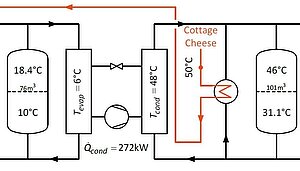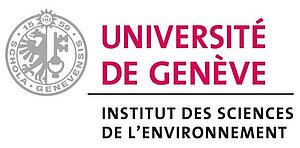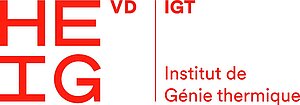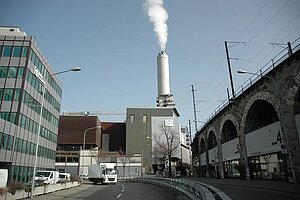SIGN UP FOR OUR NEWSLETTER
DeCarbCH Newsletters
News
Promoting seasonal storage to cover the winter electricity gap ("Positionspapier")
The media picked up the topic of seasonal storage and we contributed to the SRF TAGESSCHAU and an interview in the Luzerner Zeitung
Medium and high temperature renewable heat in peak season
Overview of the seasonal energy storage pathways covered in WP 5.4
Storing Energy from Summer to Winter
REVEAL - Revolutionary Energy Storage Cycle based on Aluminium
Interview with Prof. Stefan Bertsch from OST-IES
Stefan is leading the WP05: Combination of renewables, heat transformation and storage for medium and high temperature heating as well as cooling
Interview with Prof. Dr. Beat Wellig from HSLU-TEVT
Beat is leading the WP04: Energy demand profiles of industry and the potential for renewables integration and negative emissions
SFOE Research Project: Decarbonization of industrial processes through redesign of the process-utility interface (DeCarb-PUI)
In a resource constrained world: think exergy, not energy (Science Europe 2016)
Support for Pinch Analysis by the SFOE
Support programs for the conduct of Pinch Analysis projects are available.
Economic Energy Efficiency Improvement Potential using Pinch Analysis
Based on Pinch Analysis studies, the achievable economic energy savings are at least 3 TWh/a and the CO2 reduction is approximately 0.5 million t/a.
Industrial Waste Heat Usage in Thermal Grids
“Selling waste heat instead of inefficiencies”
Further Development of Methods and Tools
In addition to the work carried out in DeCarbCH, HSLU-TEVT has further developed methods and tools using Process Integration.
Saving energy and reducing CO2 emissions with Pinch Analysis
Training courses to conduct Pinch Analysis
Building an Industrial Temperature Database with UNIGE-EE
UNIGE-EE contributes in the construction of the database of temperature levels for the industrial processes in WP04.
Continuing collaboration with HEIG-VD/IGT
HEIG-VD contributes toward WP04 by providing practical process data and advising the way industrial site and processes should be documented.
The History of Thermal Networks in Switzerland
Thermal networks (including district heating, local heating, or district cooling) have a long tradition in Switzerland – almost 100 years!
